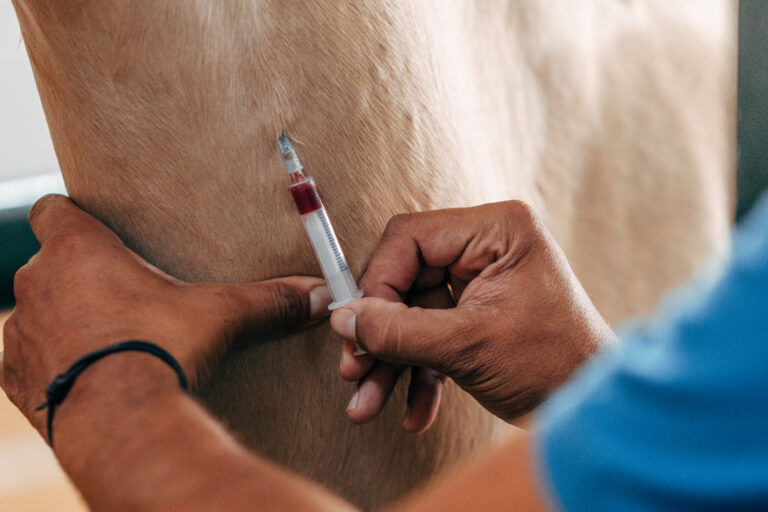
As an equine veterinarian, how many times in your career have you been called upon to either report horse abuse or weigh in on a complaint about horse abuse? Neither is an easy situation.
The National Link Coalition “works together to stop violence against people and animals.” Its website has links for each state detailing who you can contact to report suspected animal abuse (go to nationallinkcoalition.org and search “how do I report suspected abuse”). Animal welfare organizations are usually not the best to call initially, as they often have varied and possibly no anti-cruelty law enforcement powers. That said, contacting state or local officials can be a frustrating process.
The National Link Coalition stated on its website: “Do not be surprised if you encounter a ‘runaround.’ In many areas, law enforcement officials do not feel adequately trained to handle animal cases and frequently refer complaints to local animal control or humane officers, who, if they are not sworn law enforcement officers, may in turn refer the caller back to the police or sheriff. Just be patient and keep trying. Insist that animal abuse is a crime, and the law enforcement agency is sworn to investigate it, as they must with any other possible violation.”
Perseverance is key.
You will need to provide specifics about the abuse concern, such as location of the horse, description, the neglectful or abusive concern, and the date and time of the incident. Most states allow veterinarians to report suspected animal abuse “with immunity from civil and/or criminal liability.” In fact, according to the AVMA, veterinarians may be legally mandated to report such concerns to an appropriate authority. The AVMA has also stipulated that it is the vet’s responsibility to report when an educational approach is inappropriate. (For more information, visit avma.org and search for “animal abuse resources.”)
A comprehensive AVMA guide entitled “Practical Guidance for the Effective Response by Veterinarians to Suspected Animal Cruelty, Abuse and Neglect” is available online. (Go to the above article and, at the bottom of the page, click on the link for the downloadable PDF entitled “Practical Guidance for the Effective Response by Veterinarians to Suspected Animal Cruelty, Abuse and Neglect.”)








